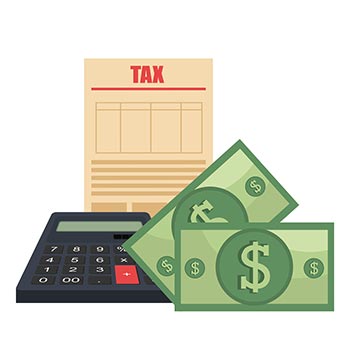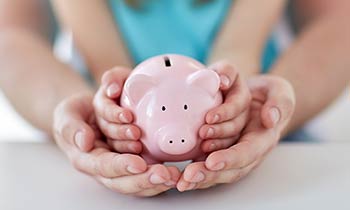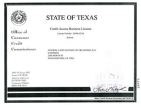
Millennials approach life very differently than generations before them. And while that’s true of every young, up-and-coming generation, finance tips for millennials have changed dramatically compared to only a few years ago because of how they want to live their lives. Sometimes they get a bad rap, but new ways of solving problems are always a good thing.
Prioritize Your Life
Saving for retirement is not the goal for many millennials. It’s way off in the future, pensions are a pipe dream of the past, and there’s disillusionment in the air about what will be waiting after 50 or 60 years of hard work. Millennials want to enjoy life now, and they like the good life. But that doesn’t mean they’re financially irresponsible. You need money to accomplish these goals, and millennials are finding alternative ways to fund a lifestyle of fun and travel.
Create Passive Income
The idea of your money making money or earning money without much effort isn’t new. That’s why investing in the stock market or real estate has always had appeal. But the reality for most people is that they pick up extra work or side hustles when they need cash. That helps, but you’re limited by your time and skills. Millennials are finding new ways to create passive income streams.



























